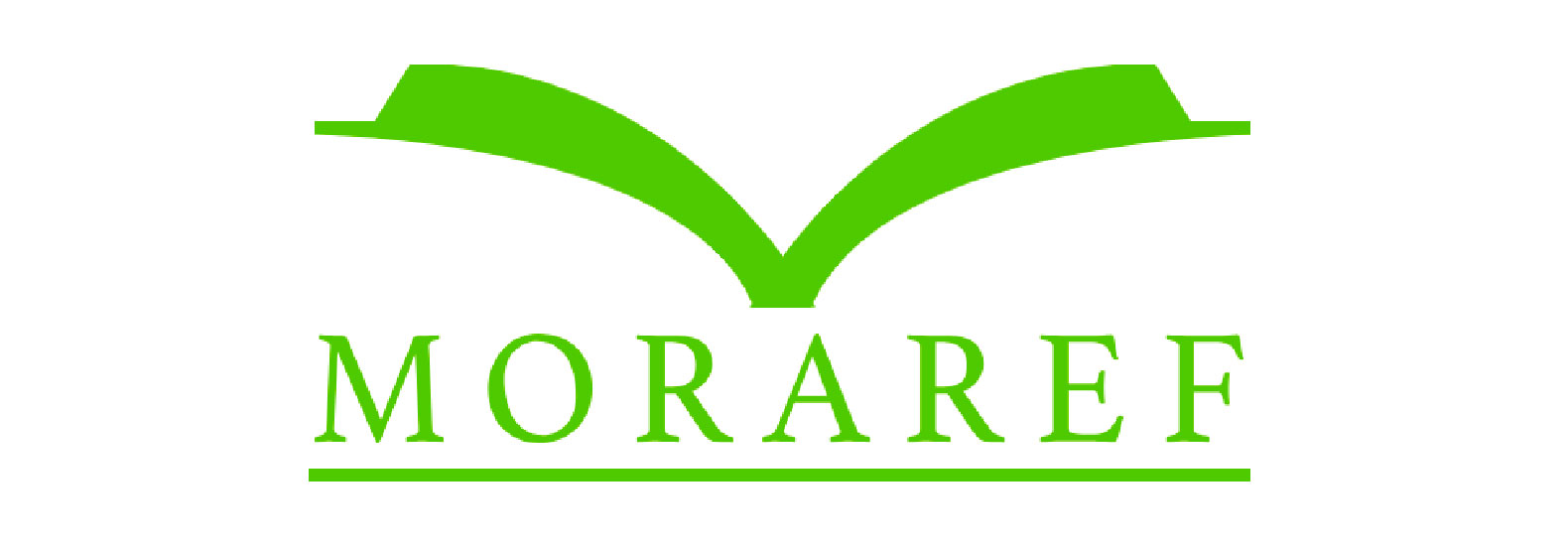Competencies of Shariah Auditors: Skills, Knowledge, and Challenges in Islamic Banking Practice
DOI:
https://doi.org/10.30993/jicab.v3i1.497Keywords:
Competency, Sharia Auditors, Islamic BankingAbstract
This study explore the competencies of Shariah auditors, which include technical skills (hard skills) such as understanding Shariah accounting standards and fiqh muamalah principles, as well as interpersonal skills (soft skills) such as communication, integrity, and objectivity. Using the literature review method, data was collected from recent journals and scientific reports. The results showed that these competencies are essential for ensure compliance with Shariah principles, manage risk, and enhance accountability in Islamic financial institutions. One of the main challenges faced is the lack of certified auditors and the need for continuous training. This research emphasizes the importance of competency development to support the sustainability of the Islamic banking industry.
Downloads
Published
Issue
Section
License
Copyright (c) 2025 Competencies of Shariah Auditors: Skills, Knowledge, and Challenges in Islamic Banking Practice © 2025 by Ridha Nur Lathifah, Razanah Taufik is licensed under CC BY-NC 4.0

This work is licensed under a Creative Commons Attribution-NonCommercial 4.0 International License.
Journal of Islamic Contemporary Accounting and Business © 2023 by Tazkia Islamic University College is licensed under CC BY-NC 4.0
Authors who publish with this journal agree to the following terms:
- Authors retain copyright and grant the journal right of first publication with the work simultaneously licensed under a Creative Commons Attribution License that allows others to share the work with an acknowledgment of the work's authorship and initial publication in this journal.
- Authors are able to enter into separate, additional contractual arrangements for the non-exclusive distribution of the journal's published version of the work (e.g., post it to an institutional repository or publish it in a book), with an acknowledgment of its initial publication in this journal.
- Authors are permitted and encouraged to post their work online (e.g., in institutional repositories or on their website), as it can lead to productive exchanges, as well as earlier and greater citation of published work (See the Effect of Open Access).












